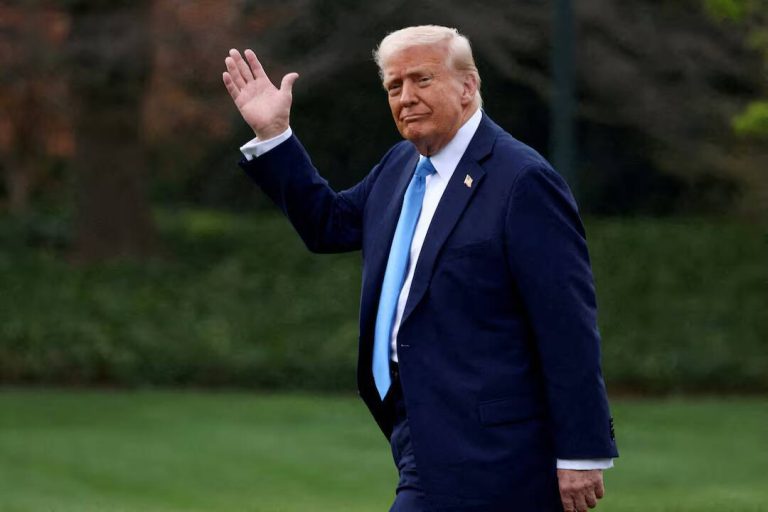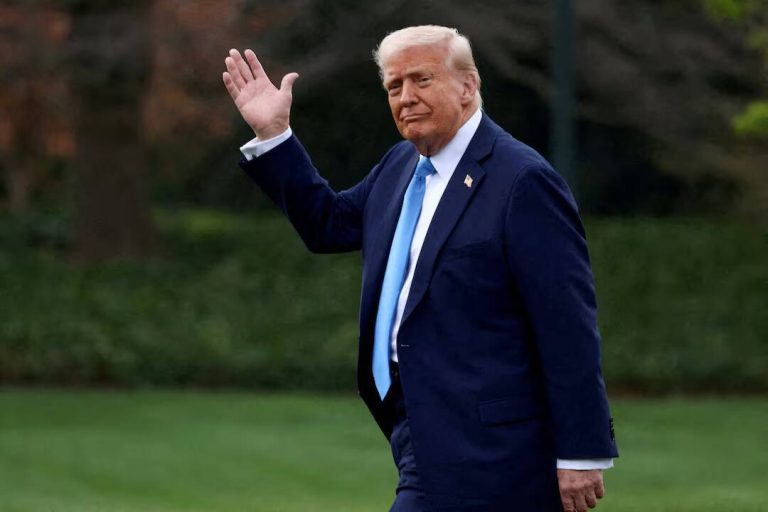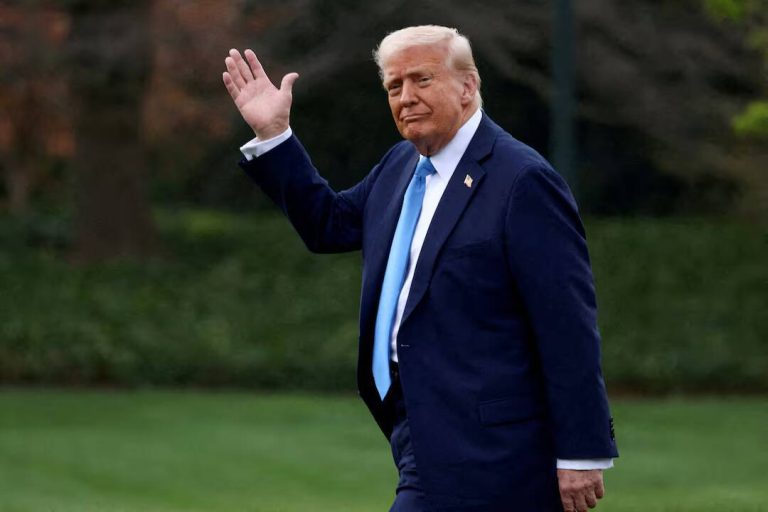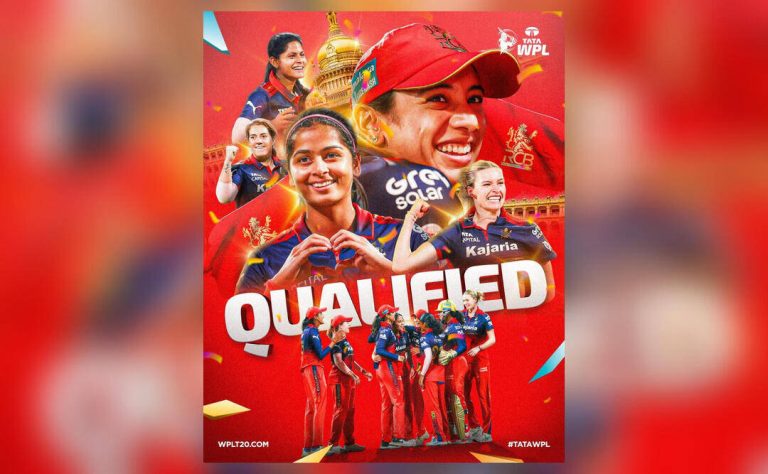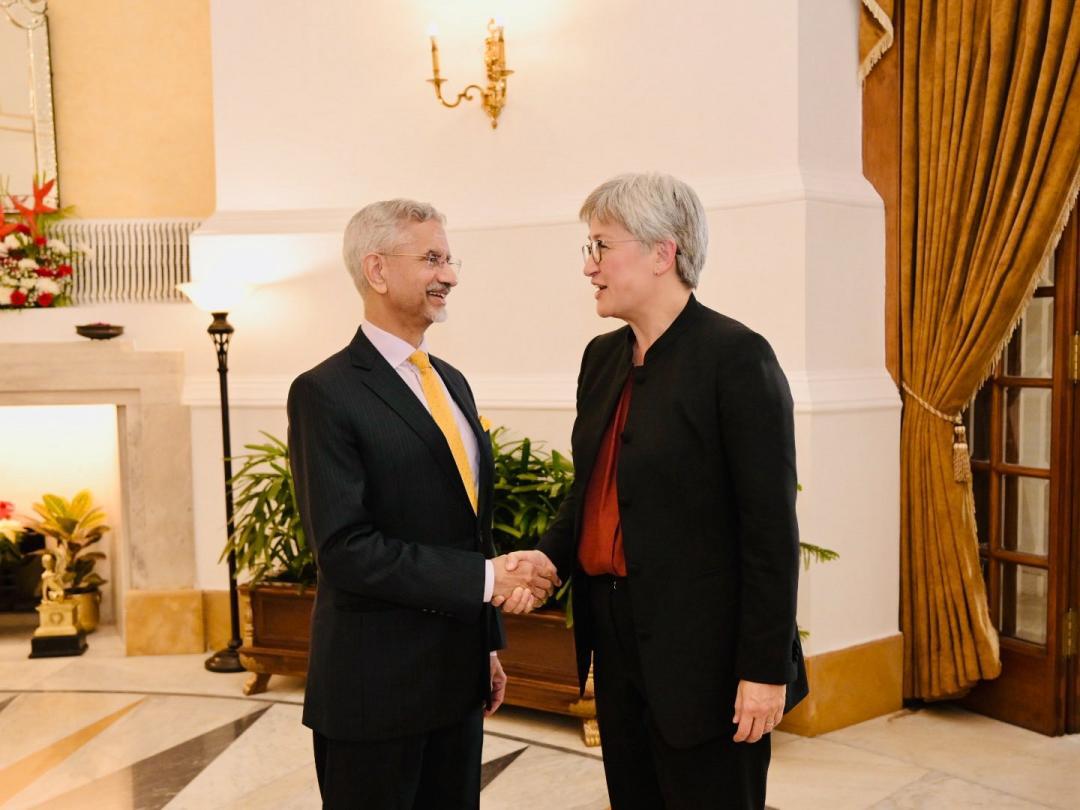
You’ve beaten us in both Men’s & Women’s Cricket,’ Australia leader jokes with Jaishankar
The world of cricket has long been a source of entertainment, passion, and camaraderie between nations. Recently, a lighter moment was shared between Australia’s Foreign Minister Penny Wong and India’s External Affairs Minister S Jaishankar, highlighting the friendly rivalry between the two countries in the realm of cricket. During their meeting, Minister Wong jokingly remarked, “You’ve beaten us in both Men’s and Women’s Cricket,” showcasing the sport’s ability to transcend borders and bring leaders together in a spirit of sportsmanship.
This exchange is particularly noteworthy given the recent performances of both the Indian men’s and women’s cricket teams against Australia. The Indian women’s cricket team made history by defeating Australia in the semifinal of the 2025 Women’s World Cup in October, a victory that marked a significant milestone in Indian women’s cricket. Following this achievement, the Indian men’s team also emerged victorious, winning the T20I series against Australia in November. These back-to-back victories have not only elevated India’s standing in international cricket but have also become a talking point in diplomatic circles, as evident from Minister Wong’s humorous comment.
Minister Wong’s acknowledgment of India’s prowess in cricket, both at the men’s and women’s levels, reflects the warmth and mutual respect that exists between the two nations. It’s also interesting to note that Minister Wong mentioned S Jaishankar as the minister she has met most in her current role, indicating a high level of engagement and cooperation between Australia and India on various fronts. This frequent interaction underscores the strategic importance of the Australia-India relationship, which spans across economic, political, and cultural domains.
The mention of cricket as a point of conversation between high-ranking officials of two countries highlights the power of sports to act as a universal language, capable of bridging gaps and fostering connections across different cultures and geographies. Cricket, in particular, enjoys immense popularity in both Australia and India, with both nations having a rich history of producing talented cricketers and competing fiercely on the field.
The victories of the Indian cricket teams, both men’s and women’s, against Australia are not just sporting achievements but also symbolize the growth and development of cricket in India. The country has made significant strides in promoting the sport, with investments in infrastructure, training, and talent development. The success of the women’s team, in particular, marks a significant shift in the recognition and support for women’s cricket in India, paving the way for more young girls to take up the sport.
In the context of Australia-India relations, the reference to cricket serves as a reminder of the shared values of competition, teamwork, and fair play that underpin both sports and diplomacy. It humanizes the relationship between leaders, showing that beyond official agendas and diplomatic talks, there exists a common ground where leaders can engage in light-hearted conversations and mutual appreciation.
As the world becomes increasingly interconnected, moments like these remind us of the importance of sports and culture in fostering international understanding and friendship. They also highlight the evolving nature of diplomacy, where personal connections and shared interests can play a significant role in building stronger bilateral ties.
In conclusion, the exchange between Minister Wong and Minister Jaishankar, centered around cricket, reflects the depth and warmth of the Australia-India relationship. It showcases how sports can be a powerful tool for building bridges between nations, beyond the realm of politics and diplomacy. As both countries continue to engage on multiple fronts, including sports, trade, and strategic cooperation, moments like these add a personal and human touch to international relations, reminding us of the commonalities that unite us across borders.
